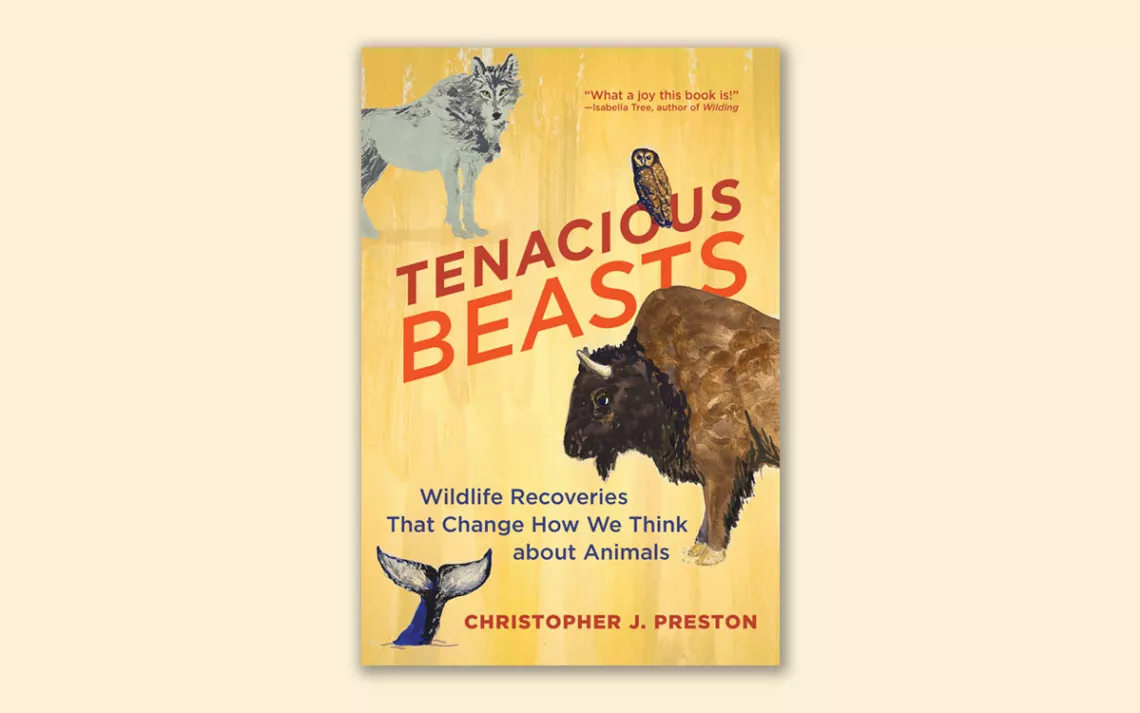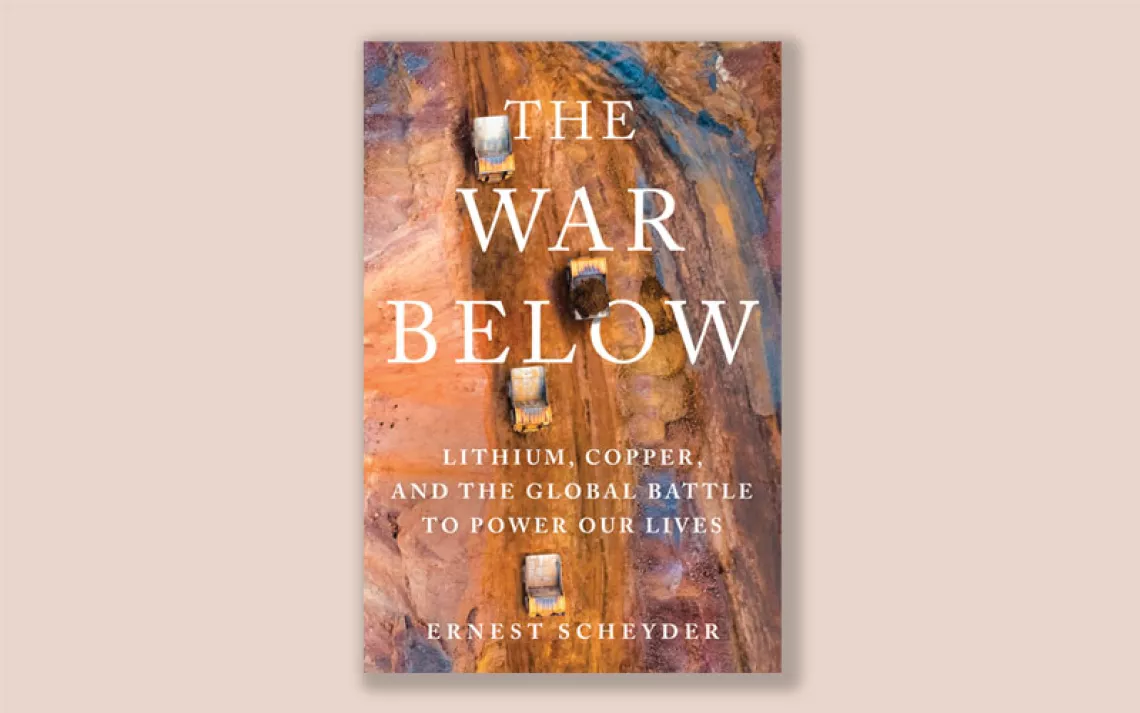The Tenacious Beasts That Don't Give Up
Christopher Preston's new book helps us rethink wildlife

The extinction crisis tends to draw our focus toward alarming statistics: rapid habitat loss, increasing pollution, and more endangered species on the edge. Less often do we consider the positive stories that still abound: wolf recovery in the Netherlands after they were extirpated by farmers; bison on the rebound on tribal lands generations after their slaughter by white settlers.
These stories take center stage in Tenacious Beasts: Wildlife Recoveries That Change How We Think About Animals (MIT Press, 2023). Beyond basic good news though, environmental philosopher Christopher J. Preston is after something more profound: the adaptive potential and resiliency of life on Earth.
While offering buoying examples of species recovery, Preston unpacks and disavows some of our most common and problematic cultural conceptions of wild animals. Wolf pack structure is not determined by male dominance and belligerence—a story we humans concocted. Rather, females are highly respected in wolf packs, and older wolves orchestrate the hunts. Scholars and advocates illuminate what we can learn from this and other cases. Robert Elofson of the Lower Elwha Klallam Tribe shows Preston how "a cascade of effects from dam removal" led to the return of "a welter of wild beings [that] swam, crawled, and swooped their way back." Preston also reconsiders popular thinkers such as René Descartes, whose dominant theory of human existence—"I think, therefore I am"—established "a giant metaphysical gulf between humanity and the rest of creation."
The deeper ethical philosophy around animals, Preston asserts, is one in which we see more lucidly the problematic tropes of human thinking around nature, and graduate beyond them. "Wildlife challenge entrenched ways of thinking and shake us from well-worn habits of mind," he writes. "They teach us better ways of being in the world. . . . If wild animals are to flourish on 21st-century landscapes, a different set of attitudes must take hold."
 The Magazine of The Sierra Club
The Magazine of The Sierra Club







